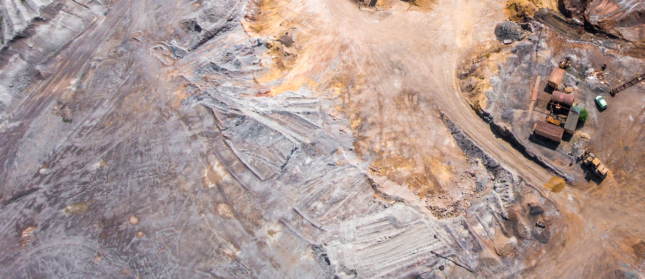Waste and Contaminated Soil

The correct management of waste is a complex activity that requires specialized attention from businesses and organizations. Our firm offers preventive advice regarding the prevailing obligations derived from state, regional and local regulations, which fall on production companies as well as on those involved in waste management and transportation.
This advice covers an extensive variety of administrative proceedings, whether they involve sanctions, liability for damages, approval of waste by-products and transport, as well as regarding the approval of business plans for prevention, or agreements and authorizations related to packaging regulations and packaging waste, among others.
The monitoring of the elaboration of waste planning is also one of the areas of expert legal guidance offered by the firm, and it allows business managers to know what effect the aforementioned plans might entail for their operations, especially for owners of major management facilities.
Our guidance also covers matters related to the state of the soils affected by potentially polluting activities. In this area, we assist our clients in complying with the obligation to provide information (filing requests, studies regarding the processing of environmental permits, etc.) and duties related to maintenance and restoration.
• Ongoing preventive guidance for producers and executives, including agents, dealers and waste carriers, in relation to compliance with their obligations (both bureaucratic and operational).
• Administrative case work involving authorizations and paperwork for producers, waste managers and transporters.
• Administrative case work involving environmental permits (paperwork, licenses, authorizations) for waste facilities (transfer plants, recovery plants, and disposal facilities, such as controlled deposits or incineration plants) for both hazardous and non-hazardous waste, including guidance regarding the related urban impact of operations.
• Guidance during the development phase of waste planning.
• Advice to Public Administrations for the elaboration of normative regulations.
• Preparation of studies and reports on the management of different types of waste, based on their origin (municipal, industrial, construction, livestock, etc.) and their nature: waste from electrical and electronic equipment (Spanish acronym, “RAEES”), sludge, oil, packaging, ash from incineration, vehicles out of use, etc.
• Guidance in the application of regulations on packaging and packaging waste: restrictions these impose on economic agents and on planning, agreements, mandatory management systems (integrated waste management (Spanish acronym, “SIG), deposit and return (Spanish acronym, “SDDR”) etc.), legal authorizations, and business plans for prevention.
• Advice on the management of waste by-products.
• Administrative case work involving waste transfer.
• Administrative case work for sanctions and liability for damages.
• Guidance on compliance with the duty to inform regarding soils affected by potentially contaminating activities (e.g., filing requirements, preparation of basic reports regarding the processing of integrated environmental authorizations, preparation of detailed soil studies and, where appropriate, risk analysis), as well as on compliance with maintenance and restoration programs.
• Guidance in the determination of the assignment of responsibility among causers of waste, owners, and holders of soils affected by potentially contaminating activities, including historical contamination, and regarding the urban impact of classifying the soil as contaminated.
